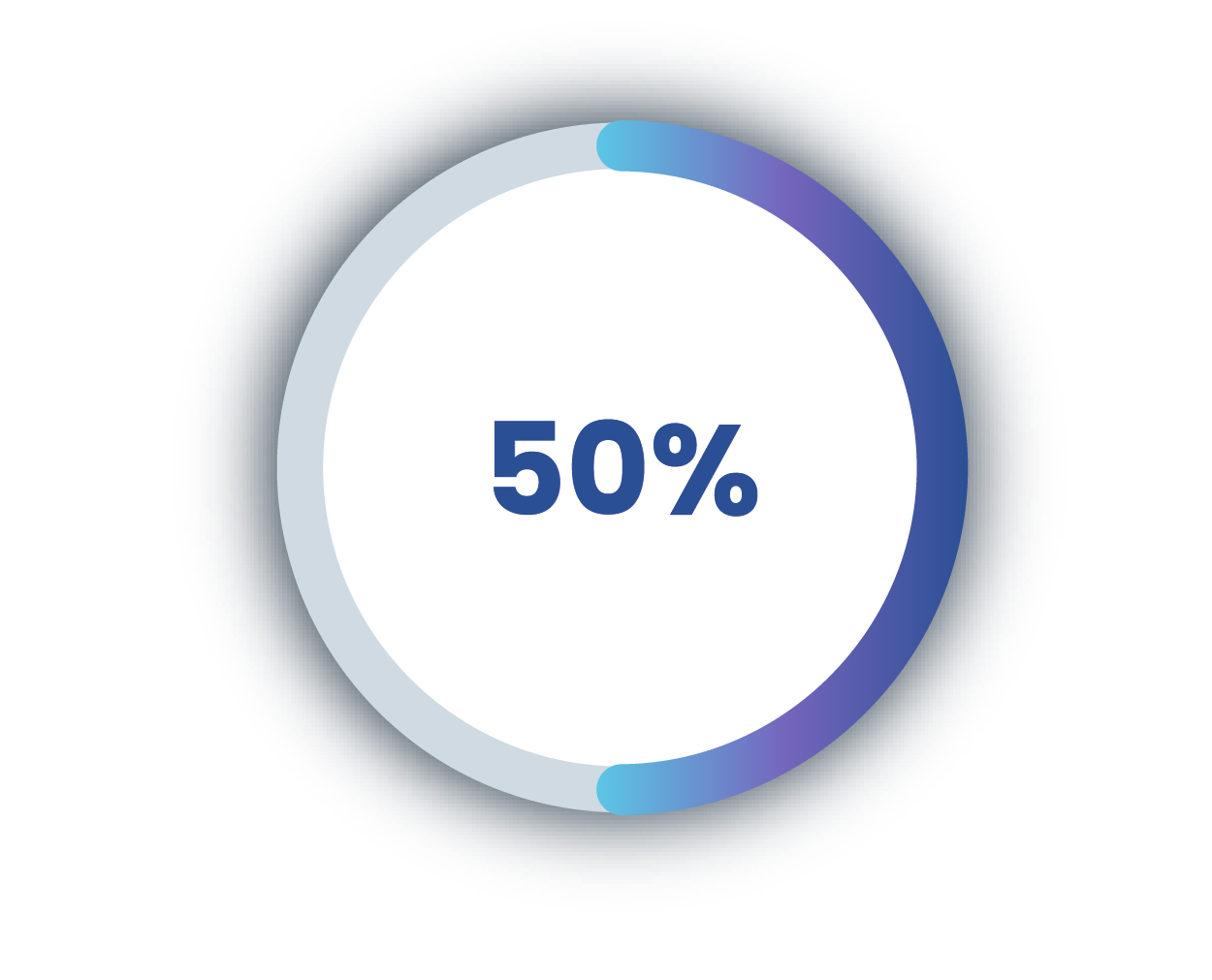
of Saas licenses go unused
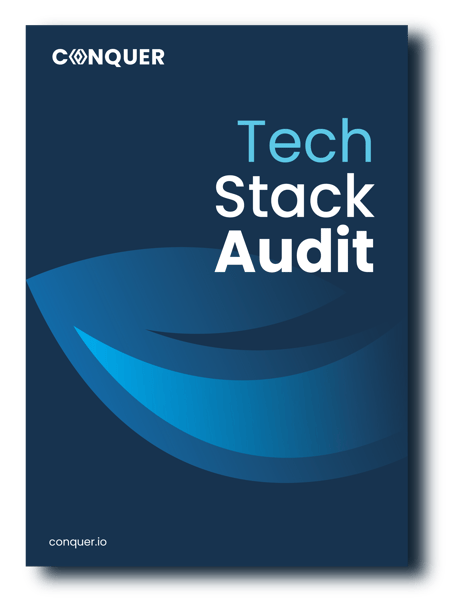
You don’t notice the leak until the floorboards swell.
It’s the same with your sales tech stack. One tool gets added to speed up onboarding. Another to improve sequencing. Then one for call coaching. By the time renewals roll around, you’ve got 47 licenses for a product 3 people actually use.

of Saas licenses go unused
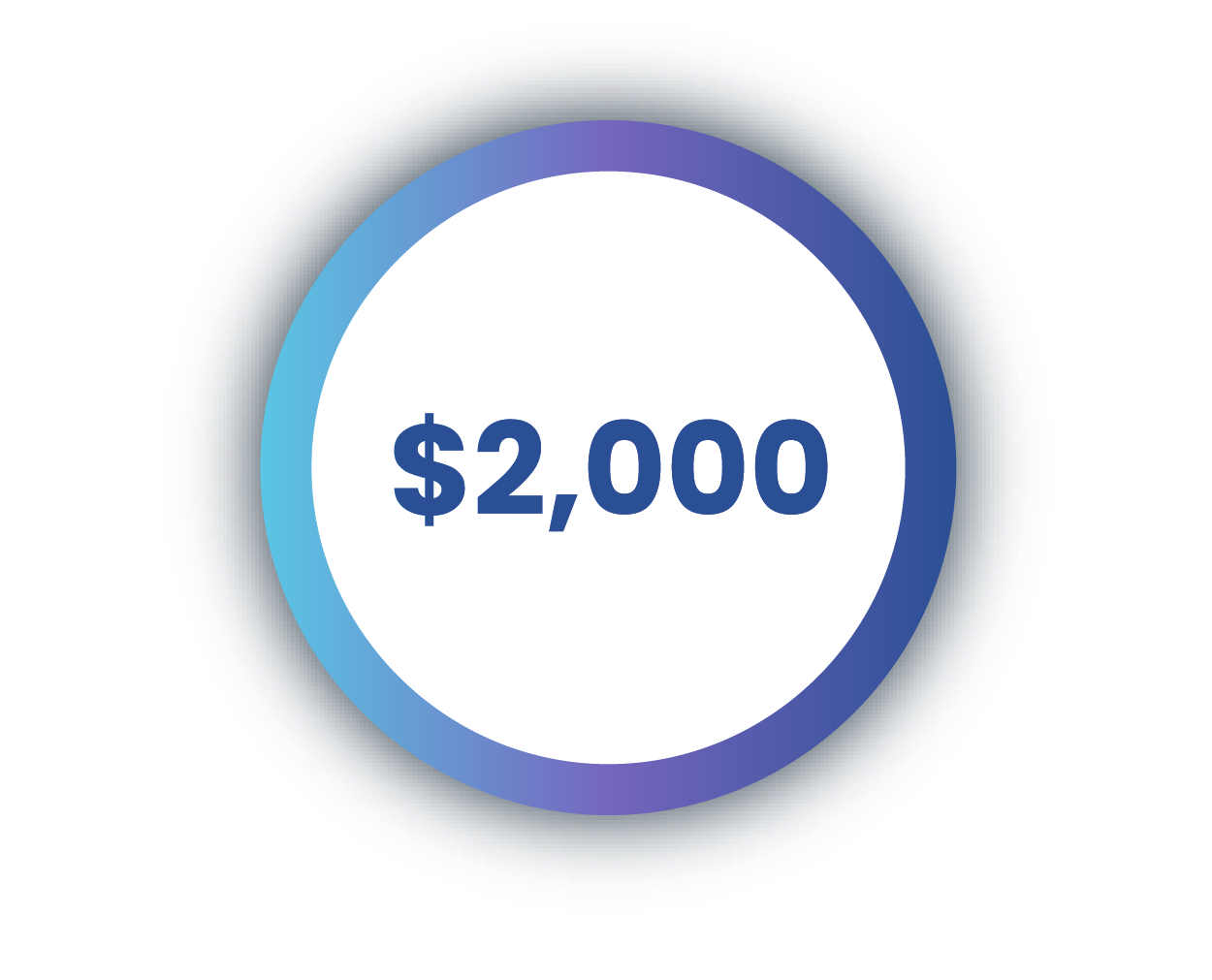
wasted per employee yearly
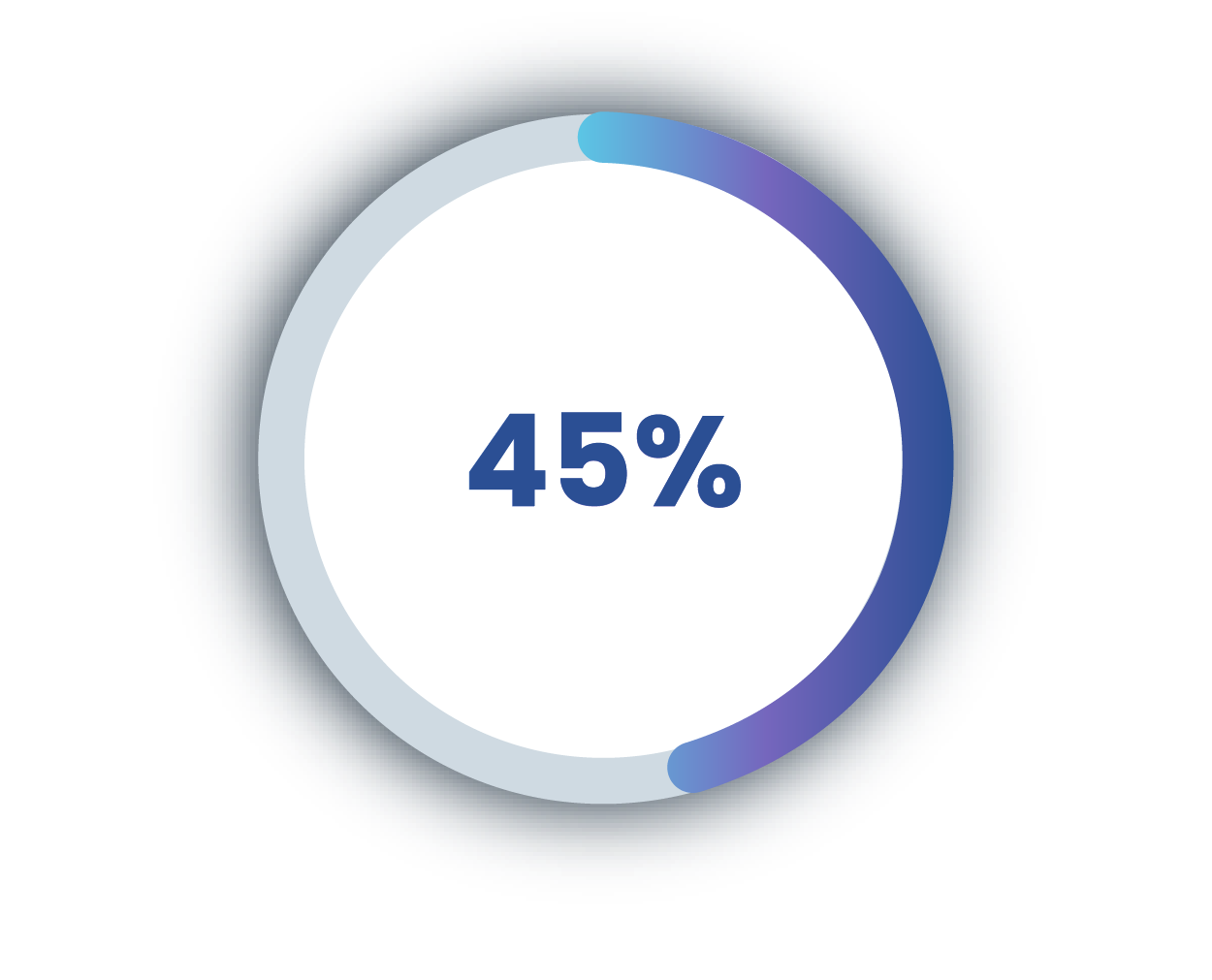
of apps used after 90 days
These numbers tell a story of fragmentation. When tools aren’t adopted, budgets become invisible liabilities.
Low usage signals a lack of enablement or misalignment with actual workflows. Stack bloat creeps in as teams layer new solutions without retiring old ones, often duplicating functionality across departments.
Disconnected systems force manual workarounds, which not only slow down execution but also distort data quality. And when integration issues persist, they make it impossible to answer foundational questions about performance, attribution, and ROI.
The answer?
A well-timed audit lets you cut the bloat early, minimizing any damage.
This audit breaks your stack down into six categories.
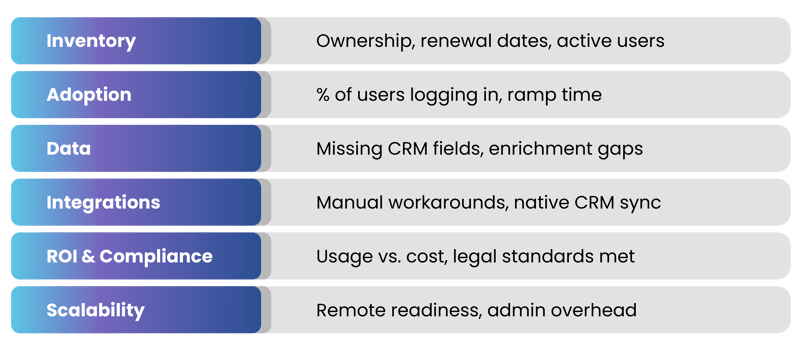
Spot the red flags
Look for tools with a score of 18 or below. These are high-risk: low adoption, duplicate functionality, unclear ROI. Start here.
Trim the excess
If two tools overlap by more than 50%, or one hasn’t been touched in months, ask yourself: Do we need both? Your stack shouldn’t grow just because your headcount does.
Double down on what works
Tools scoring 25+ are high-value. Think: high adoption, clean data, CRM integration. These are your “do more with this” systems. Build processes around them.
Align with planning cycles
Use the audit before renewals, during QBRs, or as prep for budgeting. It makes renewal conversations faster, cleaner, and way less emotional.
Consolidate where it counts
The fastest wins often come from simplifying: fewer platforms, tighter integration, cleaner workflows. Use this audit to make consolidation obvious and defensible.